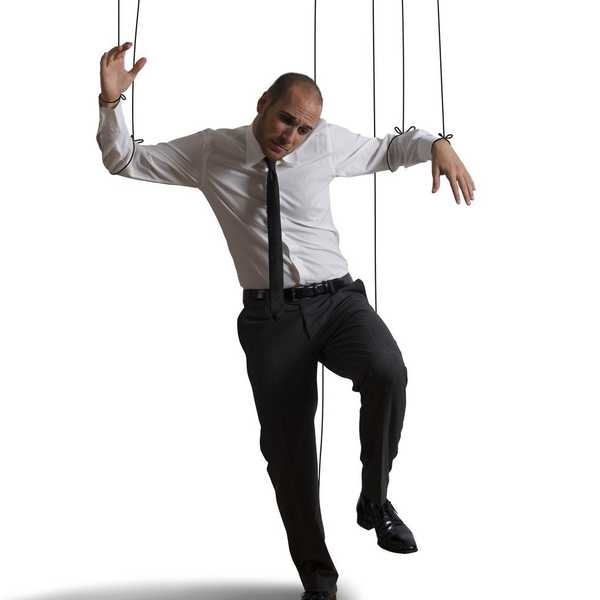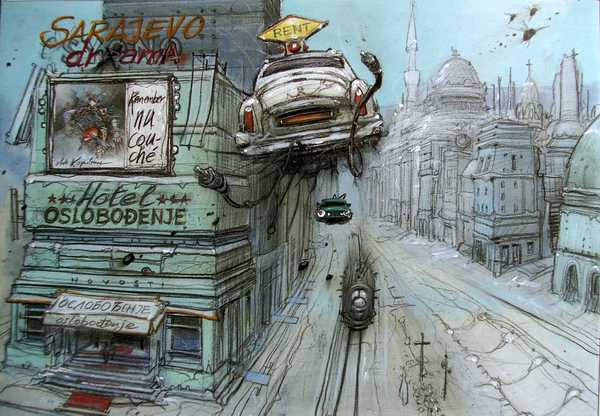“Wise men speak because they have something to say…” -Plato
The core understanding of the triangle is rooted in understanding where the three values originate. It all stems from separate schools of human thought. Philosophers have been arguing over the state of man since the invention of written language, and it is important to understand the best representations of a particular value. Modern concepts of liberty, equality, and order can be traced back to historical students of human behavior.
This brings the triangle to a very important stop concerning the order value, and it is exemplified by one of the most famous thinkers in history.
Ancient greek civilization is widely considered to be the birthplace of modern civilization, and many subsequent theories are derived from the thoughts expressed during this age of philosophers. Plato, as expressed in The Republic, had a concept for a utopian city that he called Kallipolis. This was a city that was run by a perfect and infallible caste of wise men. Plato believed that philosophers were truly enlightened enough to lead the rest of the people. He described a class of rulers that pursued and loved wisdom above all else, and that this would inherently make these men the best suited to run a society. He believed these men had souls of gold, and therefore were inherently more pure and intelligent.
This is an important step in totalitarian governments. Previously, and even after Plato, government that focused solely on order usually derived power from heritage and nepotism. The ruler of a certain land was supposedly given the power as a divine right. A king laid claim to his kingdom based on bloodline. Plato altered the concept, yet the principle remains the same.
The essential lesson from Plato’s philosopher kings is that the common people have neither the ability, nor the right to govern themselves. Plato’s theory describes a society that is, very literally, a utopia of order and efficiency. The common man has no say, because the society is ruled by a inherently superior breed of wise men.
Evidence of this kind of thinking appears throughout modern authoritarian governments. Adolf Hitler spoke of a perfect aryan race. Benito Mussolini described fascism as a religion to give it a divine quality. The people of modern day North Korea praise their leader as if he were a god. The idea of a ruling class is essential to a order-oriented society. The advocates of this ideology justify the policies to the people by instilling a sense of trust in those at the top, and that is achieved by making it seem as if they are far more clever than those at the bottom
The value of order is rooted in the idea that there is a perfect man or group to organize society, and they will provide all for the people through infinite wisdom. The ideal of the fascist society is actually built on a loyalty from the people to the government, instead of resentment. The private citizens in Plato’s utopia do not resent the philosopher kings for maintaining a monopoly on government, but applaud them.
“The proletarians have nothing to lose but their chains.” -Karl Marx
There is no better representative for the cause of equality than the man behind its most famous ideology. That man is Karl Marx.
Marx was dissatisfied with the capitalistic system that he lived in. He found it to be appalling that there could be a minority residing at the top, while there was a large mass of people living in abject poverty. He considered this to be a societal injustice. He took issue with the concept that there could be a small group of people that essentially ran not just government, but the economy as well. This is particularly critical toward Plato’s theory of philosopher kings. Marx believed that the people at the top benefitted at the expense of those at the bottom, and were, therefore, stealing the labor from the lower class workers.
Marx is the founder of communism. Marx proposed a society that was run as a collective unit. The people rule the people. The lower class of society would eventually rise up and gain the ability to produce goods independently. When that was secured, society would be organized based on collective need. The resources of that society would not be up for grabs or controlled by the state. Rather, they would be collectively owned by the people, and the people would collectively know how best to deal with them.
This represents two aspects of the triangle. First, there is the need to separate the values of equality and order. Both of the values have the goal of running an efficient and effective society by using law and power. However, fascism focuses on creating that by the implementation of a class-based system, while Marx’s communism rejects classes in favor of the people as a homogenous mass running the society. The difference is rule by minority, or rule by majority. The distinction has a similar effect in overall power, but Marx focused on dispersing power and wealth, rather than centralizing it. Marx does not believe in the golden men, but simply in men. He believes in humanity as a species, and believes that they are best suited for governance as a whole, instead of only the wise and powerful.
However, this also highlights the importance of the isosceles part of the isosceles triangle. The two values of equality and order must be placed in closer proximity to each other. They share a focus of sacrificing the individual for the sake of the group. They reject private property, but disagree when it comes to the elite controlling it, or the group controlling it. They both believe that the concept of individual rights is not equipped to deal with the problems that face a society, and that it is not conducive to a functioning society. They believe that a government, run by the group or the elite, is more important than the autonomy of an individual.
Marx held similar views as to the needs of society when compared to Plato, but went a different route on how to achieve them. His utopia is a world of absolute equals running society collectively. Plato proposed a utopia run by the intellectuals. Marx believed that to be tyrannical. He wanted a complete level ground.
“The proper method for hastening the decay of error is by teaching every man to think for himself.” - William Godwin
On a different point of rule of minority and rule of majority, is the rule of the individual. The name can be misinterpreted as a simple dictatorship, but the actual meaning is that every man is master of his own domain. The most clear example of the ideal of freedom is anarchism. It is here that it must be differentiated from the group thought of collectivist anarchism. Bakunin is not an adequate example of an advocate of absolute freedom. Instead, the title goes to William Godwin.
As the first modern advocate for anarchism, Godwin held the belief that government was an imposition on the private feeling and free will of the individual. He believed that government was not conducive to human progress. In response to the governments of the late 18th century, Godwin became convinced that government was, by design, corrupt. He believed that governmental corruption was inevitable and counter-productive.
So he theorized that society simply did not need or benefit from government. He held that the world would only need logic and reason to run an effective society. Government was merely a bureaucratic construct. The fall of government would allow men to think for themselves, and they would think justly and charitably. Godwin held that man, at his core, is infallible. That he was a perfect person of morality inside. He believed that the social conditions imposed by government were the reason that men would commit evil actions. He theorized that if those conditions were removed, then man would be free to think on his own and would decide to do what is best for the community by his own volition. Godwin’s utopia was based on perfect individuals acting perfectly toward each other.
This value and Godwin’s beliefs need to be at a point further away from order and equality, since Godwin despised any type of control of men. His devotion to the free will of every man highlights the core difference between the this value and the other two. Plato believes in the infallibility of the golden men at the top. Marx believes in the infallibility of the group as a whole. Godwin believes in the infallibility of the individual. This is the utopia of Godwin. His ideal society is one where the individual morality of the people keeps their actions in check as they strive for further enlightenment. The solution to society's problems was believed by Plato and Marx to be a change in organizational structure. Godwin wants to completely eliminate that organizational structure.
Anarchism has been gradually making a move away from the theories and values of Godwin over the years. With the rising star of Bakunin, the focus suddenly shifted from the individual freedoms of people governing themselves, to communistic ideas about collective ownership of production and the abolition of currency. This does not change the freedom point of the triangle. The more modern anarchist thoughts would be grouped closer to the equality point than the original theory proposed by Godwin.
The common theme in all of these theories is the word “utopia”. This further drives home the point that the points on the triangle are, effectively, unattainable. These men were professional thinkers, not politicians with any specific ambition. Both Marx and Godwin believe that their respective utopia was inevitable with the passage of time. Each of these men, and their theories, are meant to give context to the triangle. They are the extremes to the triangle. Very few, if any, people would fall directly on the points that are inhabited by these thoughts. However, the point is that all people creep closer to each one based on what they hold in their heart and mind.






















